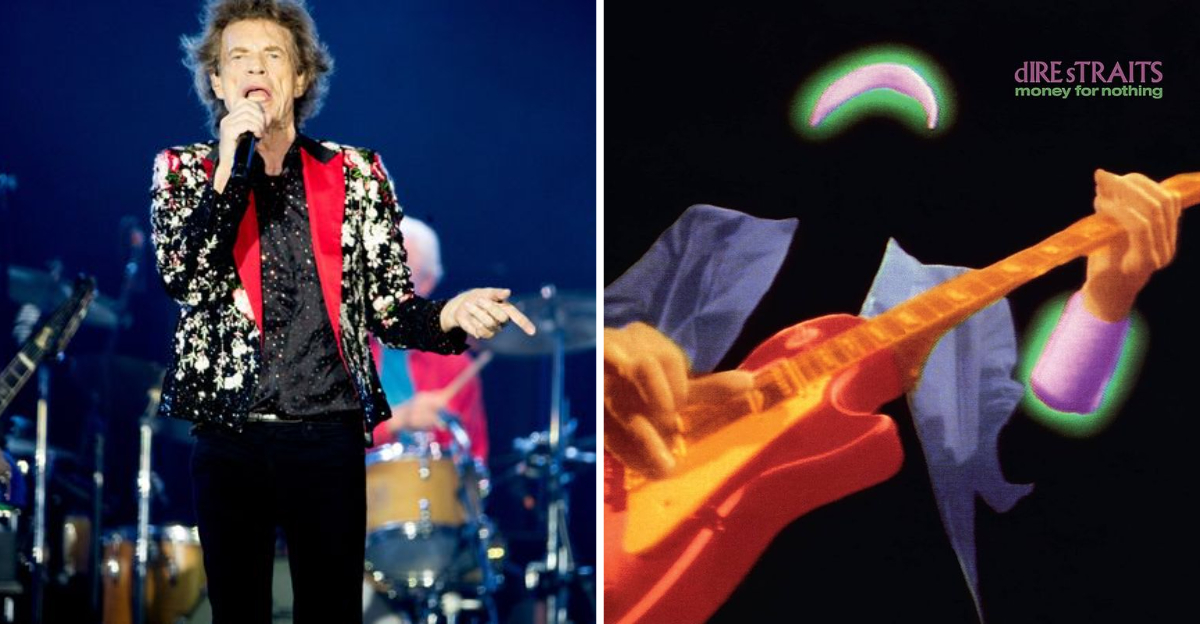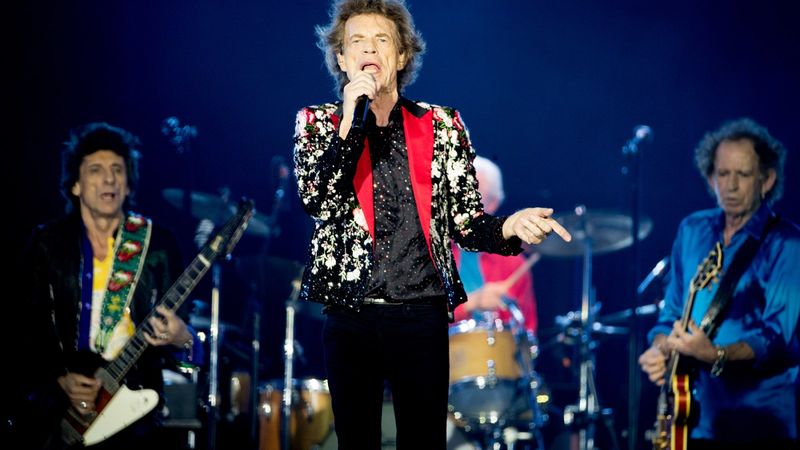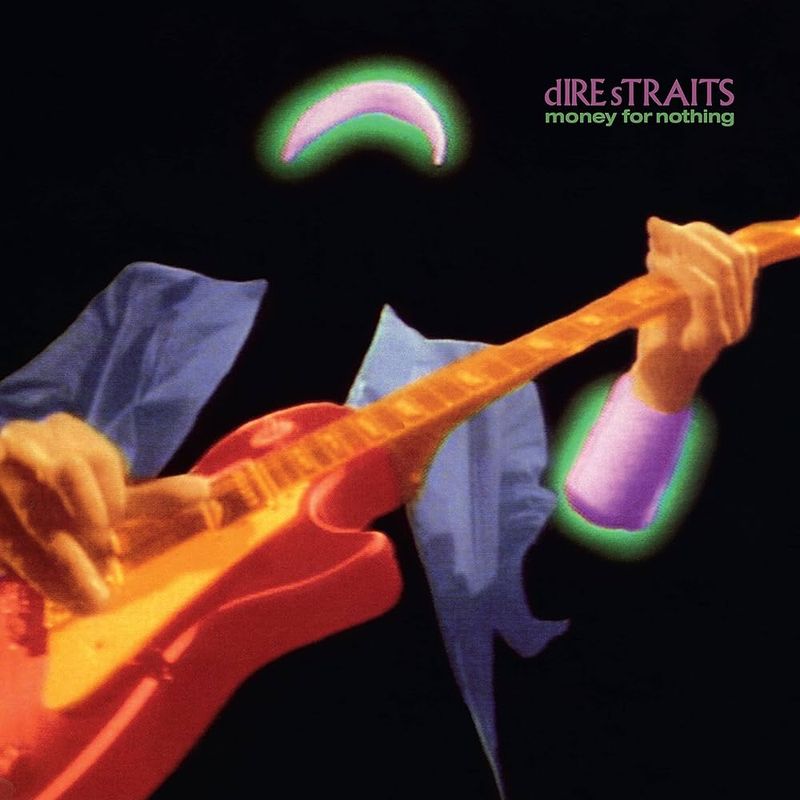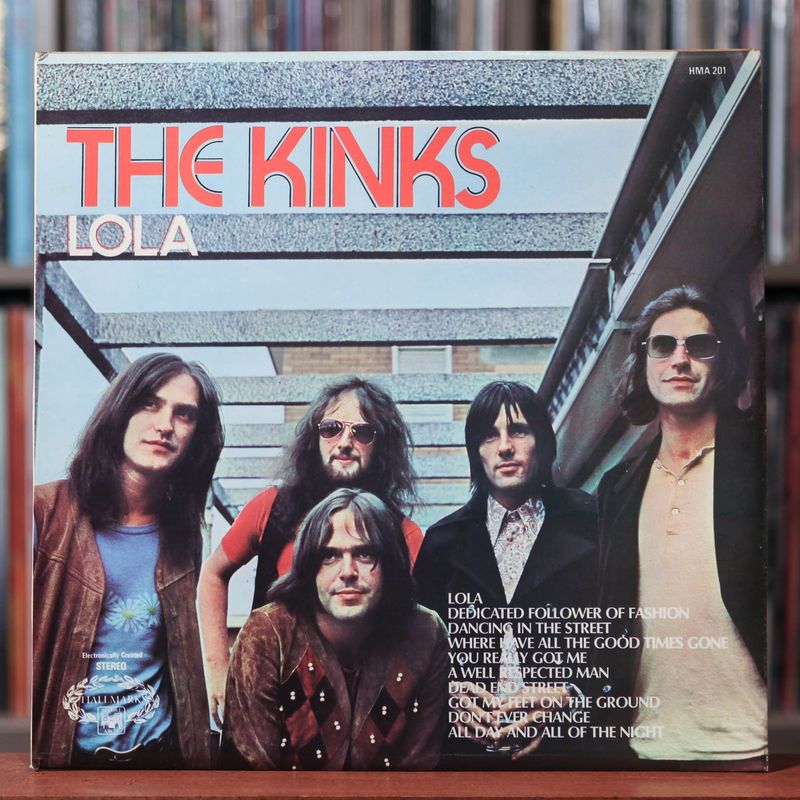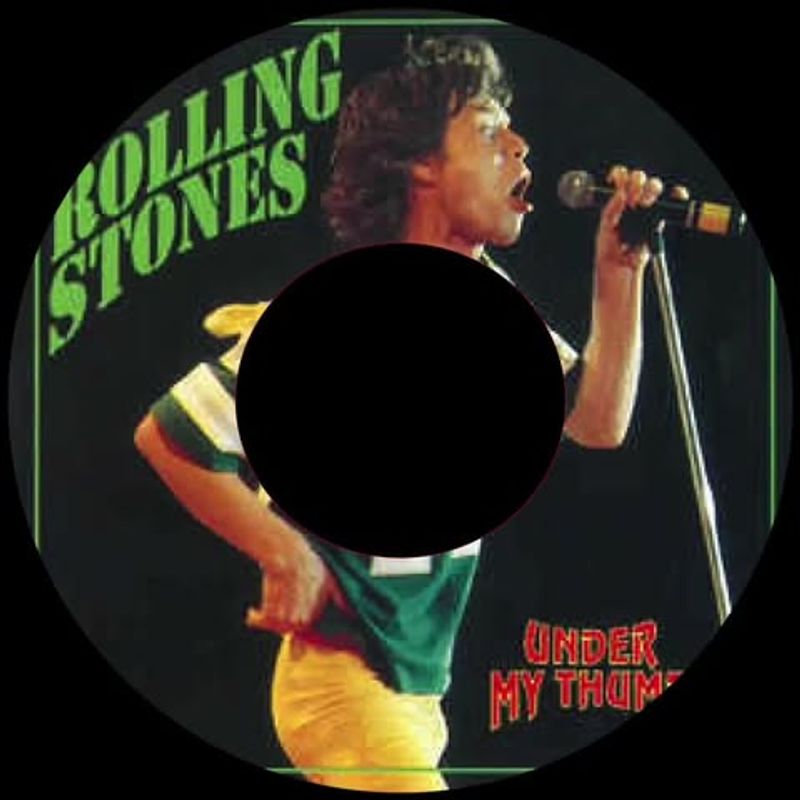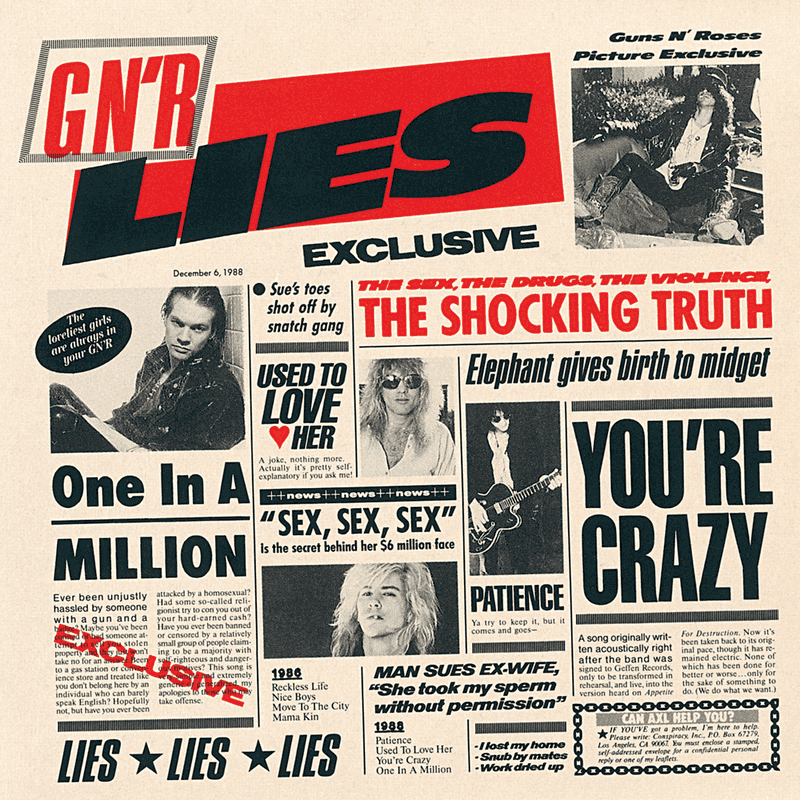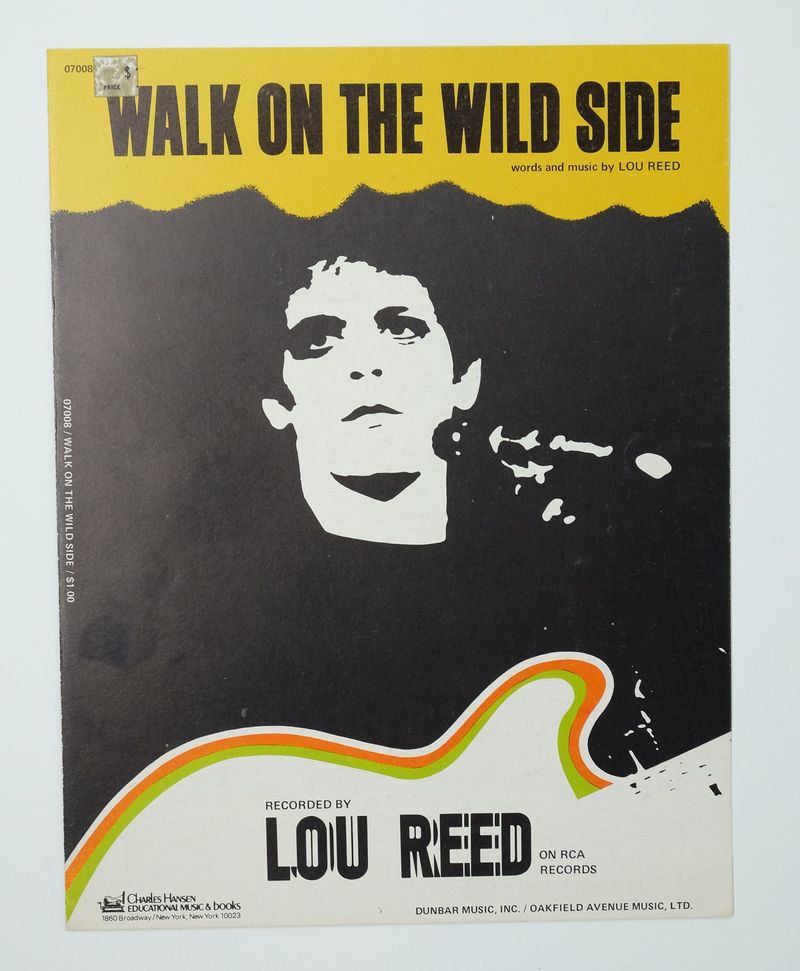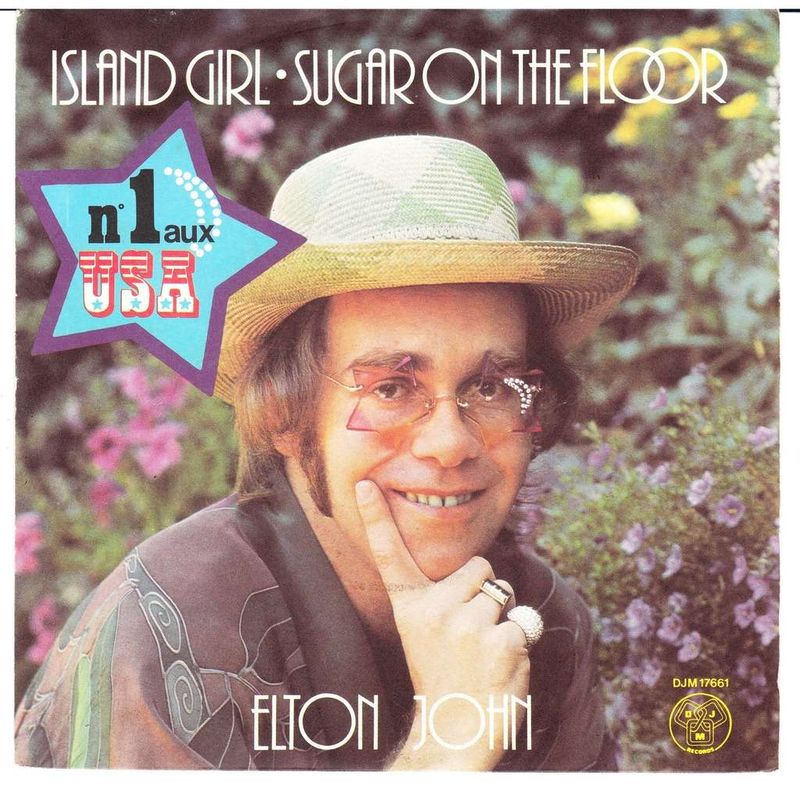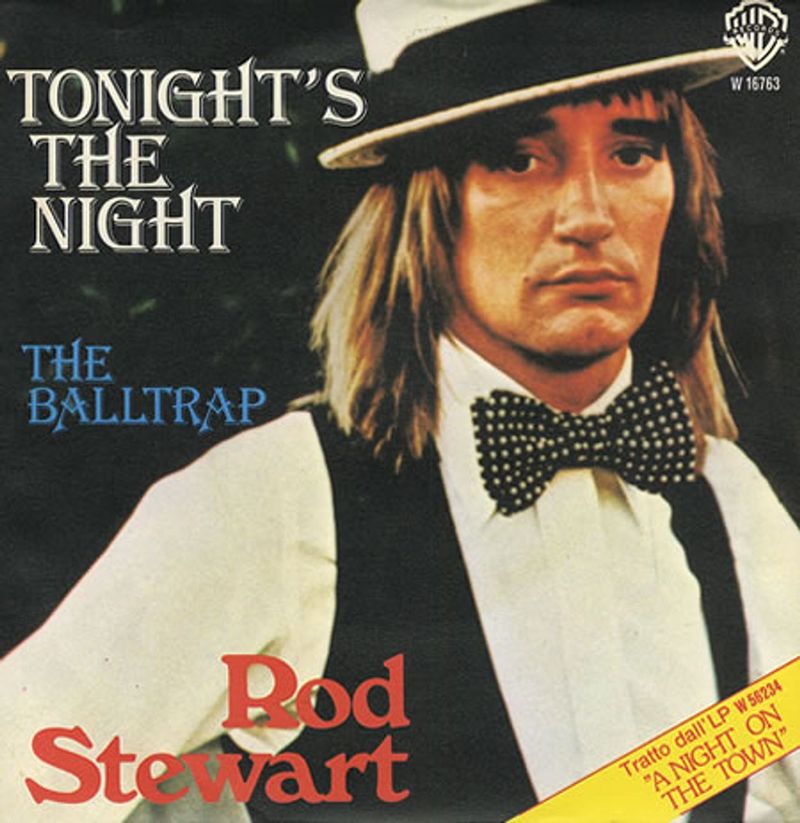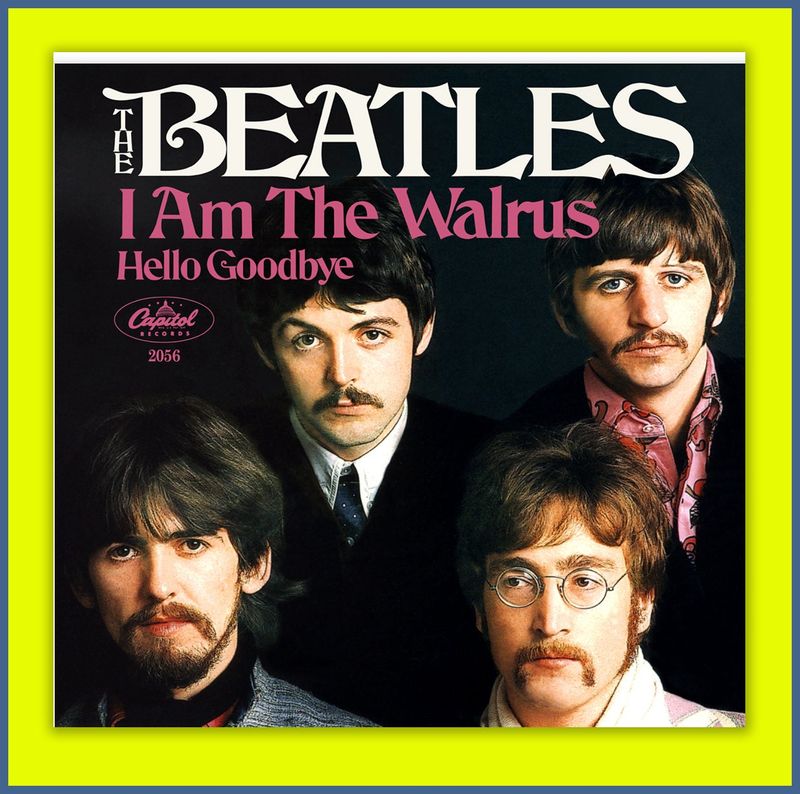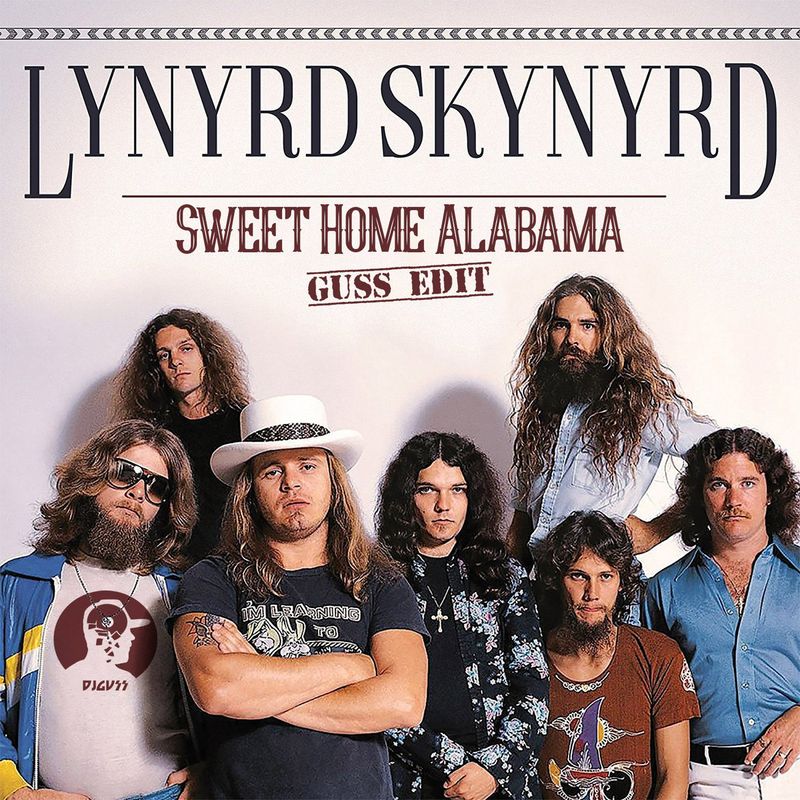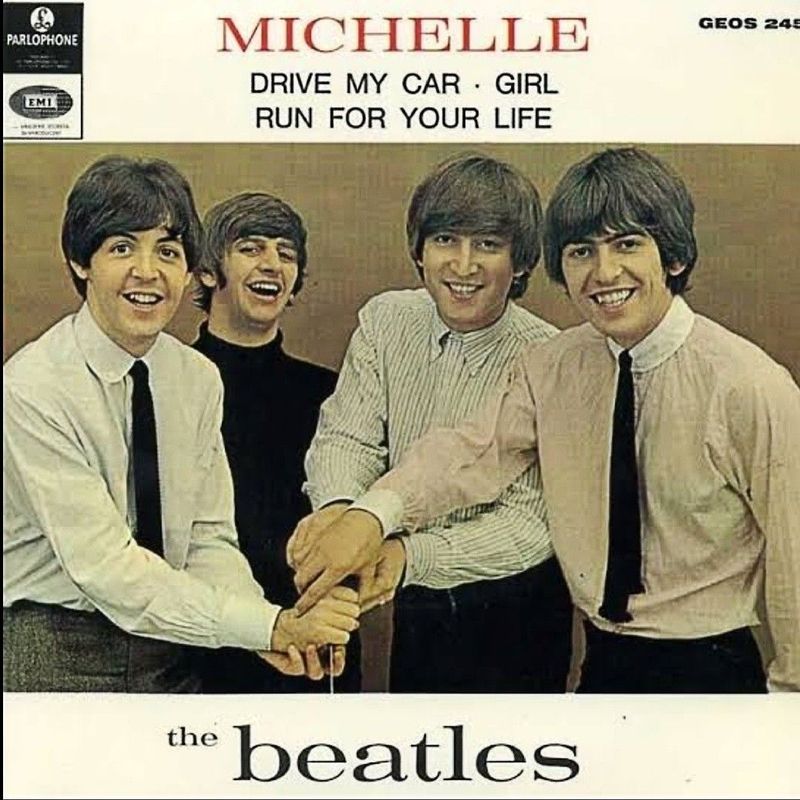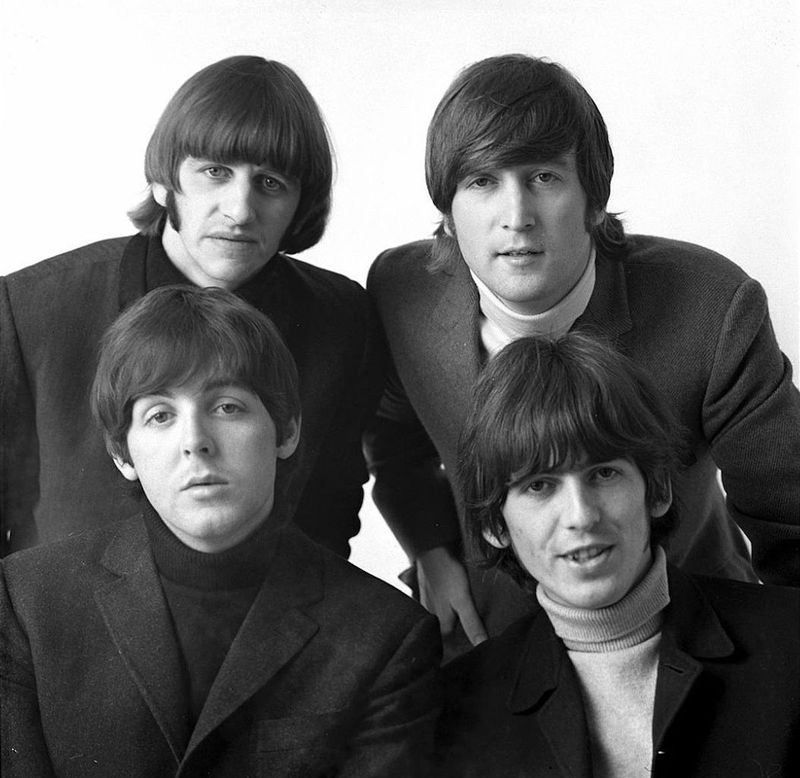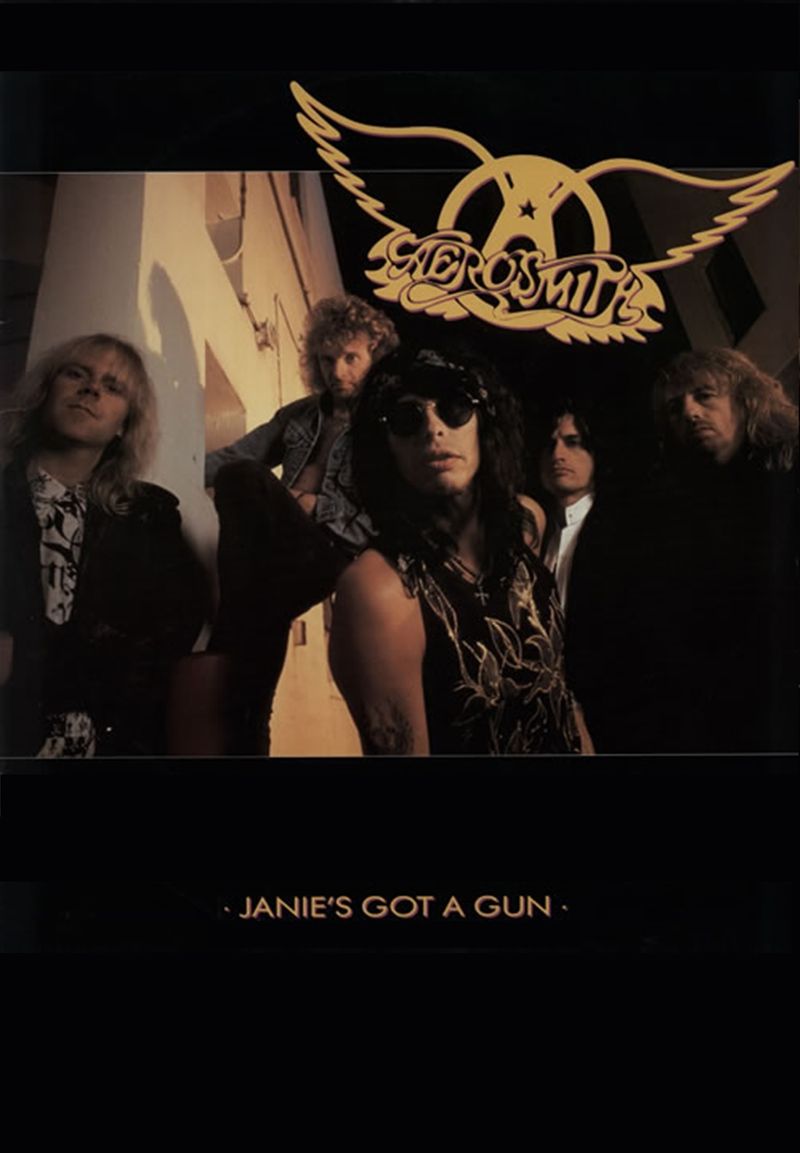Classic rock has always been a platform for bold expression and challenging societal norms. However, some lyrics have sparked debates, raising questions about their artistic value versus potential offense. This blog post explores 18 such classic rock lyrics, diving into whether they are ingenious pieces of art or problematic relics of their time. Join us on this exploration into the world of rock music and its most contentious lines.
“Brown Sugar” by The Rolling Stones
The Rolling Stones’ “Brown Sugar” has been a subject of controversy due to its lyrics. The song’s depiction of racial and sexual themes has led many to question its appropriateness. Mick Jagger himself has acknowledged the song’s provocative nature.
Despite its catchy rhythm, the lyrics delve into sensitive topics that resonate differently with today’s audience. They reflect a time when such expressions were less scrutinized, yet they challenge us to reconsider them through a modern lens.
The song remains a classic, but its controversial nature continues to spark discussions about artistic freedom and responsibility.
“Money for Nothing” by Dire Straits
Dire Straits’ “Money for Nothing” features lyrics that have been criticized for being derogatory and offensive. Written in the mid-1980s, the song captures a satirical view of rock and roll lifestyle and fame.
However, some words used in the song have sparked debates over their appropriateness, leading to edited versions for radio play.
While Mark Knopfler’s intention might have been to critique societal norms, the song’s lyrical content is viewed by many as problematic today. It prompts us to reflect on how cultural shifts influence our interpretation of art and lyrics.
“Lola” by The Kinks
“Lola” by The Kinks tells the story of a romantic encounter with a twist, which was groundbreaking at its release. The song’s portrayal of gender and identity was both celebrated and criticized.
Fans appreciated its boldness, but others found it controversial. It has sparked conversations about gender norms and acceptance, resonating differently with audiences over the years.
The song remains a testament to The Kinks’ willingness to tackle complex themes, encouraging listeners to explore issues of identity and societal expectations within the framework of a classic rock hit.
“Under My Thumb” by The Rolling Stones
Another entry from The Rolling Stones, “Under My Thumb” has drawn criticism for its portrayal of control and dominance. The lyrics depict a power dynamic that many find uncomfortable.
The song reflects an era’s attitudes towards relationships, sparking debates about gender roles. While some see it as a product of its time, others argue it perpetuates outdated norms.
As listeners, we are reminded of the evolving nature of societal values and how they affect our interpretation of music. The song’s legacy is both a reflection of its era and a prompt for modern-day discourse.
“One in a Million” by Guns N’ Roses
Guns N’ Roses’ “One in a Million” stirred significant controversy due to its explicit and inflammatory lyrics. The song addresses themes of immigration and societal issues but does so in a way that has offended many.
Critics have highlighted the song’s use of derogatory terms, arguing it crosses the line between artistic expression and offense. Axl Rose has defended his lyrics as a reflection of personal experience.
The song remains contentious, provoking discussion on the limits of artistic freedom and the responsibility of artists to their audience. It challenges us to consider the impact of words in music.
“Blurred Lines” by Robin Thicke
Although not a classic rock song, “Blurred Lines” by Robin Thicke drew controversy over its lyrics and themes. The song’s portrayal of consent and relationships led to widespread criticism.
Listeners and critics alike have debated its message, particularly in light of modern conversations about gender and power dynamics.
While it became a commercial hit, the backlash highlights the ongoing dialogue about the responsibility of artists to adapt to evolving cultural attitudes. The song serves as a reminder of how interpretations can vary and the importance of sensitivity in lyrical content.
“Walk on the Wild Side” by Lou Reed
Lou Reed’s “Walk on the Wild Side” is praised for its candid depiction of diverse lifestyles but has also faced scrutiny. The lyrics narrate stories that were groundbreaking yet controversial.
The song’s candidness about gender and identity has resonated with many, but some view certain phrases as outdated or insensitive today.
It stands as a complex piece, reflecting Reed’s artistry and the changing perceptions of societal norms. The song challenges listeners to appreciate its historical context while considering its relevance in today’s cultural climate.
“Island Girl” by Elton John
Elton John’s “Island Girl” has been both celebrated and criticized for its portrayal of exoticism and cultural stereotypes. The song’s lyrics describe a narrative that some find problematic.
Released in the mid-1970s, it reflects the era’s musical storytelling, which often included themes of fantasy and idealization. However, modern audiences may perceive it differently.
The song serves as a reminder of the evolving conversation about cultural representation in music. It encourages listeners to reflect on how artistic expression can both entertain and challenge societal perceptions.
“Tonight’s the Night” by Rod Stewart
Rod Stewart’s “Tonight’s the Night” has sparked debate over its suggestive lyrics. The song’s narrative has been interpreted by some as romantic, while others find it problematic.
Its portrayal of intimacy and relationships draws mixed reactions, illustrating the balance between artistic freedom and sensitivity to listeners’ perceptions.
Despite its controversy, the song remains a popular hit, highlighting the complexities of interpreting artistic intent and its impact on audiences. It raises questions about how music can influence societal views on relationships and consent.
“I Am the Walrus” by The Beatles
“I Am the Walrus” by The Beatles is often celebrated for its whimsical and abstract lyrics. However, some have criticized its seemingly nonsensical nature as confusing or controversial.
The song’s imaginative language and surreal imagery were groundbreaking, yet they challenge listeners to interpret its meaning, sparking varied reactions.
John Lennon’s artistic expression invites audiences to explore beyond conventional storytelling. It stands as a testament to The Beatles’ innovative approach to music, encouraging an appreciation of lyrical creativity even amidst controversy.
“Sweet Home Alabama” by Lynyrd Skynyrd
Lynyrd Skynyrd’s “Sweet Home Alabama” has been both embraced and critiqued for its lyrics, which respond to Neil Young’s earlier songs about the South.
The song is seen by some as a defense of Southern culture, while others view it as controversial due to its interpretation of historical issues.
It remains a Southern rock anthem, illustrating the complexity of regional pride and historical context in music. The song encourages dialogue about how history and culture are represented in artistic expression, inviting listeners to explore its layered meanings.
“Love the One You’re With” by Stephen Stills
Stephen Stills’ “Love the One You’re With” captures the free-spirited ethos of the 1970s but has also faced criticism. The song’s lyrics encourage living in the moment, which some interpret as dismissive of commitment.
While it reflects the era’s countercultural values, modern listeners might perceive its message differently, sparking debates on relationships and fidelity.
The song remains a classic, inviting reflection on how cultural shifts influence our understanding of artistic messages. It challenges us to consider the balance between personal freedom and responsibility in relationships.
“Run for Your Life” by The Beatles
“Run for Your Life” by The Beatles has been criticized for its aggressive and possessive lyrics. The song’s narrative portrays a controlling relationship, prompting discomfort among listeners.
John Lennon himself later expressed regret over the song’s themes, acknowledging their problematic nature.
While it reflects the era’s attitudes, the song encourages ongoing discussions about the portrayal of relationships in music. It highlights how artistic works can both reflect and challenge societal norms, urging listeners to engage critically with the messages conveyed in lyrics.
“Polythene Pam” by The Beatles
The Beatles’ “Polythene Pam” is noted for its quirky lyrics and catchy tune, yet it has sparked debates. The song’s playful narrative and characterization have been interpreted in various ways.
Some listeners appreciate its humor and creativity, while others question its portrayal of women. The song reflects The Beatles’ experimental style, which often pushed boundaries.
It invites audiences to explore the complexities of lyrical interpretation and the balance between artistic expression and societal perceptions. The song stands as a reminder of The Beatles’ innovative spirit and the diverse responses their music can evoke.
“Aqualung” by Jethro Tull
Jethro Tull’s “Aqualung” tackles themes of homelessness and societal neglect, sparking varied interpretations. The song’s narrative invites empathy but also challenges listeners with its stark imagery.
Some praise its social commentary, while others find its portrayal controversial or unsettling. Ian Anderson’s lyrics prompt reflection on societal attitudes towards marginalized individuals.
The song remains a powerful piece, encouraging engagement with challenging themes and the role of music in addressing social issues. It highlights the potential for rock music to provoke thought and inspire change through its storytelling.
“Janie’s Got a Gun” by Aerosmith
Aerosmith’s “Janie’s Got a Gun” addresses themes of abuse and revenge, sparking discussion due to its intense subject matter. The song’s narrative highlights a difficult and serious issue.
While praised for raising awareness, it has also faced scrutiny for its portrayal of violence and trauma.
The song exemplifies how rock music can tackle heavy themes, encouraging dialogue and awareness about sensitive topics. It challenges listeners to consider the complexities of addressing real-world issues through music, and the balance between raising awareness and handling subjects with care.
“Illegal Alien” by Genesis
Genesis’ “Illegal Alien” is a satirical take on immigration, which has drawn both praise and criticism. The song’s attempt at humor addresses serious themes but has sparked debates on its sensitivity.
Some listeners appreciate its critique of immigration issues, while others find its portrayal problematic. The song reflects the challenges of using satire to tackle complex subjects.
It invites audiences to reflect on the role of humor and satire in music, and how they can both highlight and complicate social issues. The song remains a conversation starter about the interpretation of artistic intent.
